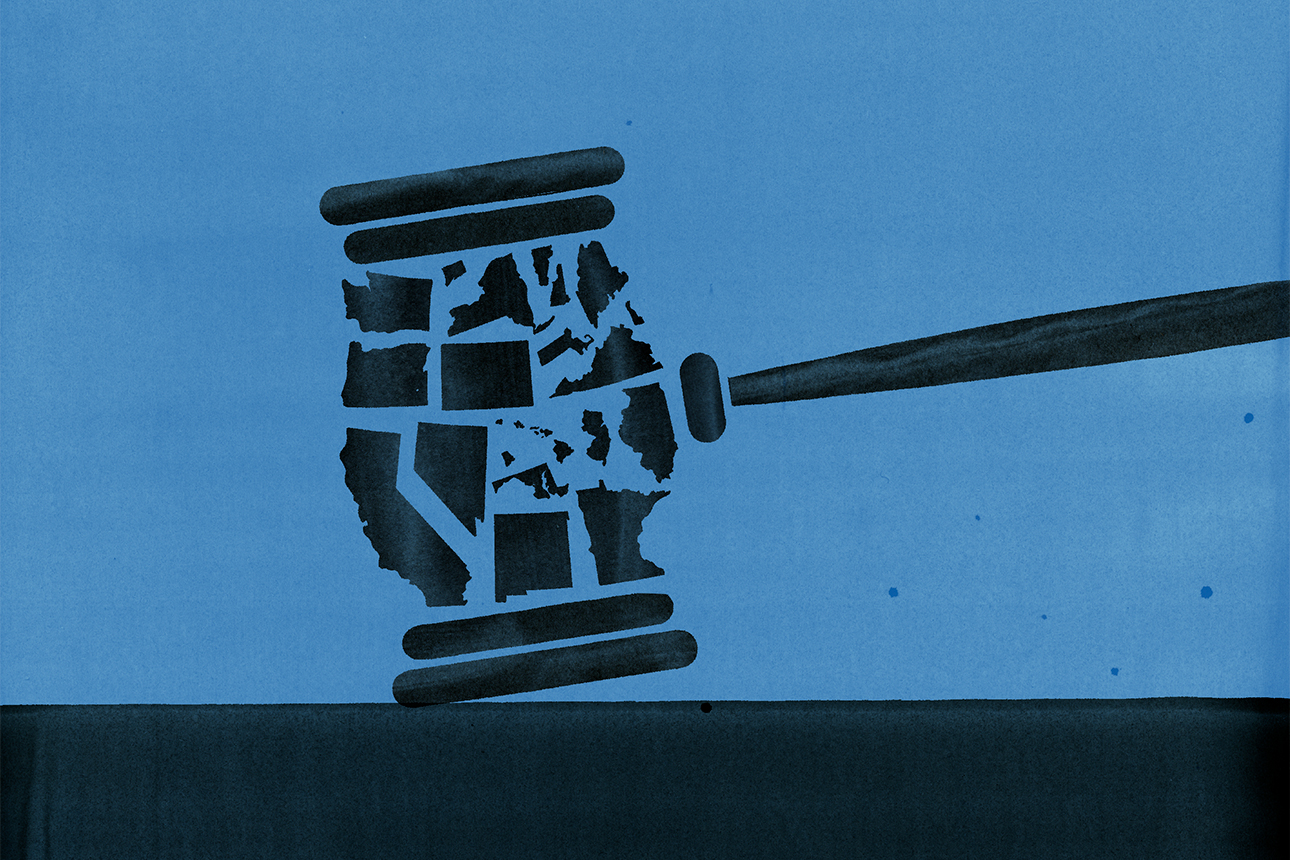Every Company Needs a Political Strategy Today
Five principles will help business leaders take decisive action when fast-changing laws and regulations conflict with stakeholder values.
Topics
Frontiers

Alex Nabaum/theispot.com
What if your company’s health insurance plan (or your hiring and training practices, or your policy on guns in the workplace) violates a new state law? And what if your efforts to comply with fast-changing laws and regulations are met with condemnations from employees, customers, and investors?
These were not questions that business leaders were asking themselves even a few years ago.
Now they must. Worse, such questions are certain to increase in both quantity and importance. You need a political strategy — one that supports and complements your business strategy.
Get Updates on Innovative Strategy
The latest insights on strategy and execution in the workplace, delivered to your inbox once a month.
Please enter a valid email address
Thank you for signing up
One clear cause is the U.S. Supreme Court term that concluded in June 2022, which both revealed and reopened ugly scars in the social fabric of American society. Decisions on climate regulation, reproductive rights, and gun control, to pick just three, sparked immediate protests and generated swift backlash from multiple sources, as well as a new wave of legislation and additional court cases. The court’s agenda for its current term, which includes controversial issues such as affirmative action, will turn up the heat even more.
It’s not just the courts that are necessitating having a political strategy. As political polarization has made states more prone to one-party rule, the chasms between conservative and liberal legislatures are much deeper than in the past, making conflicting state laws more difficult to navigate.
Ordinarily, enterprises are understandably wary of wading into culture wars and other social upheavals. But judicial, legislative, and regulatory disruptions around these and other controversial topics, and their aftermaths, will have a direct impact on your business. You can’t avoid them.
The chasms between conservative and liberal legislatures are much deeper than in the past, making conflicting state laws more difficult to navigate.
In West Virginia v. Environmental Protection Agency, for example, the Supreme Court didn’t simply invalidate regulations aimed at combating climate change. The majority’s wide-ranging opinion also scaled back key precedents that for decades have kept the federal courts out of the business of second-guessing expert agency actions. The result will be a significant shift of power from federal agencies to the courts, and from uniform national rules to competing, and conflicting, state-level oversight of everything from the environment to public health to labor practices.
It will be years before we know all the impacts of the EPA case, or others, like Dobbs v. Jackson Women’s Health Organization, which overturned Roe v.
References
1. J.J. Donohue III and S.D. Levitt, “The Impact of Legalized Abortion on Crime,” Quarterly Journal of Economics 116, no. 2 (May 2001): 379-420.
2. J.J. Donohue, S.V. Cai, M.V. Bondy, et al., “More Guns, More Unintended Consequences: The Effects of Right-to-Carry on Criminal Behavior and Policing in U.S. Cities,” working paper 30190, National Bureau of Economic Research, Washington, D.C., June 2022.
3. “Edelman Trust Barometer 2022,” PDF file (Chicago: Edelman, January 2022), www.edelman.com.
